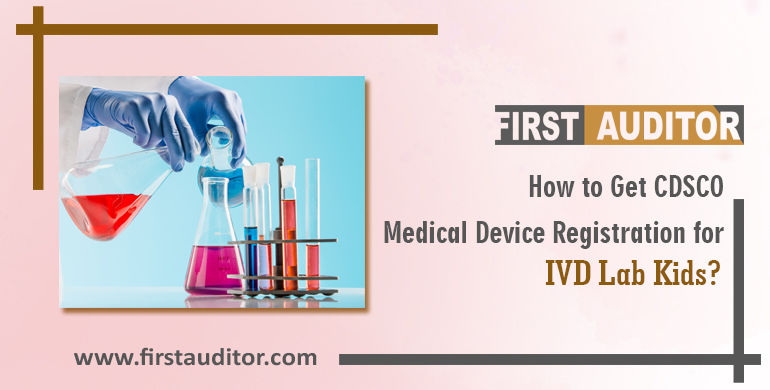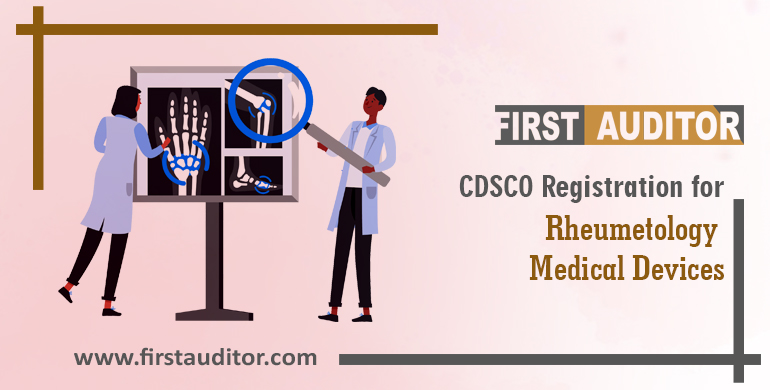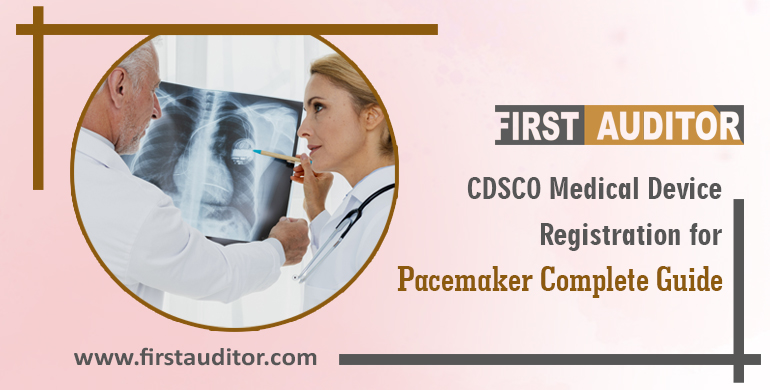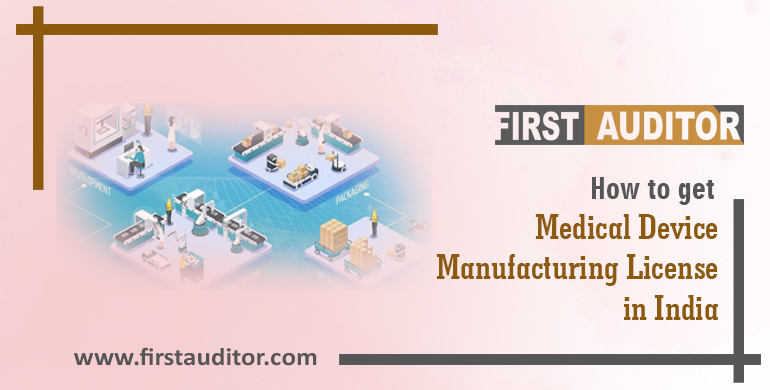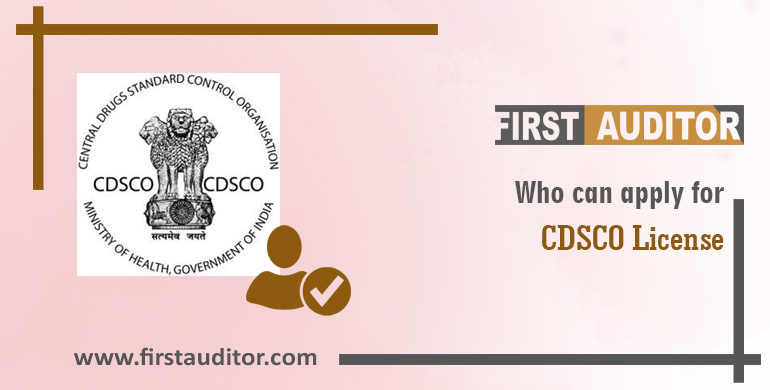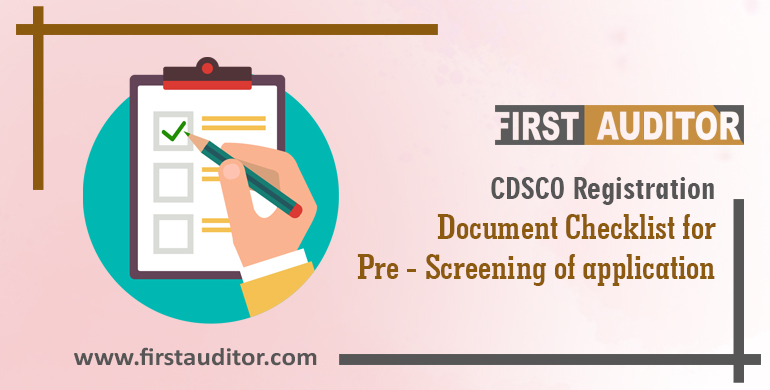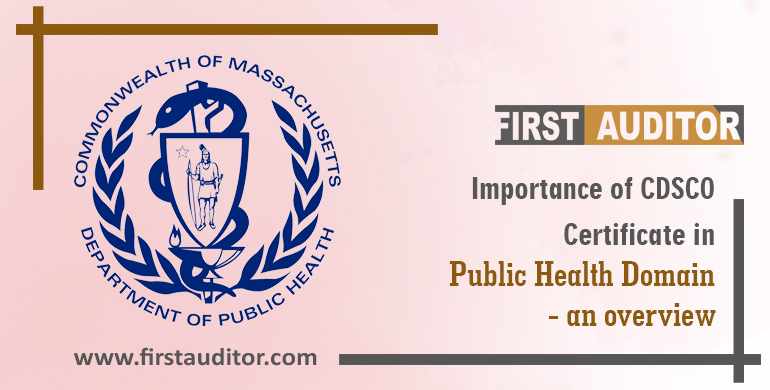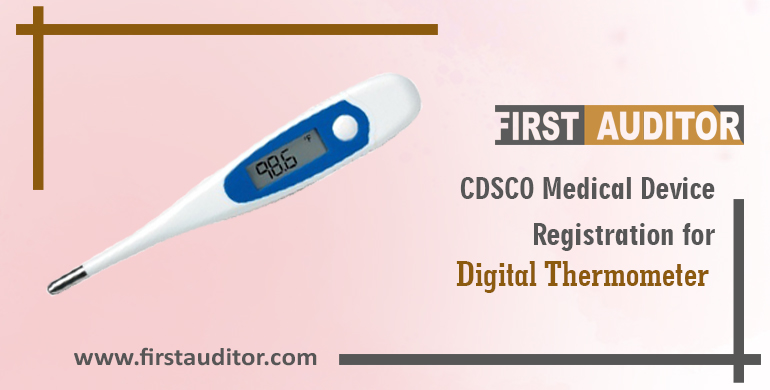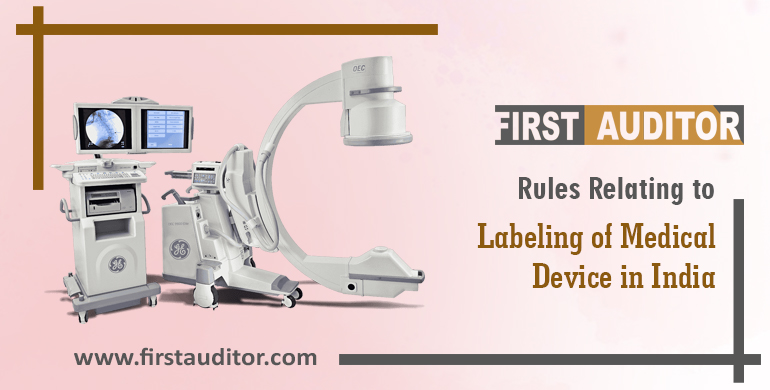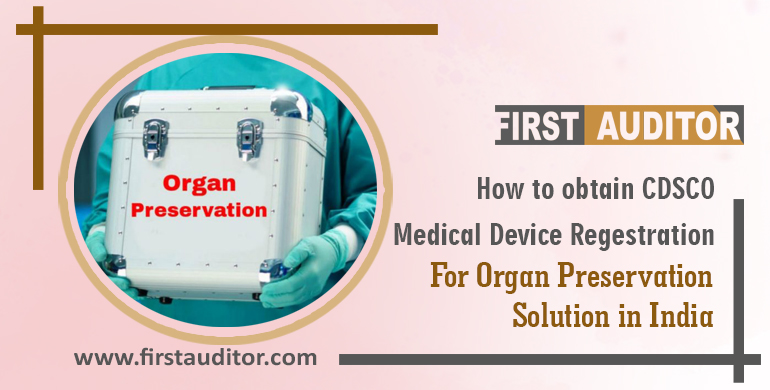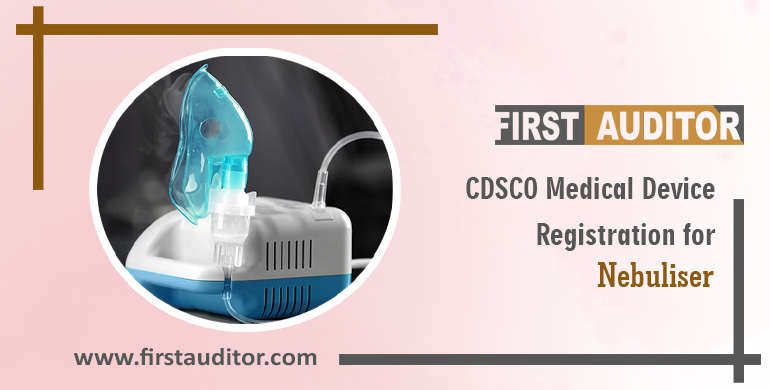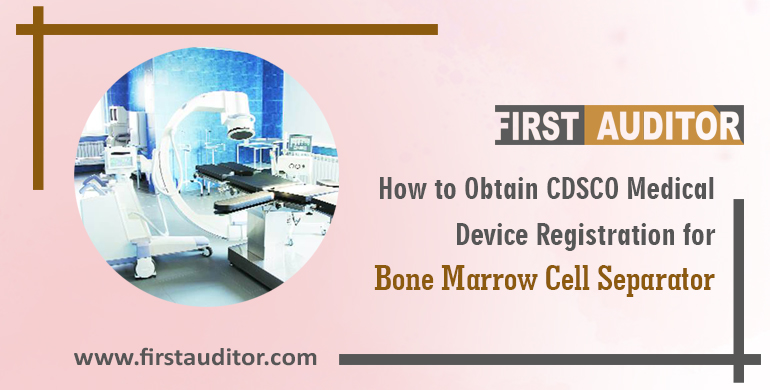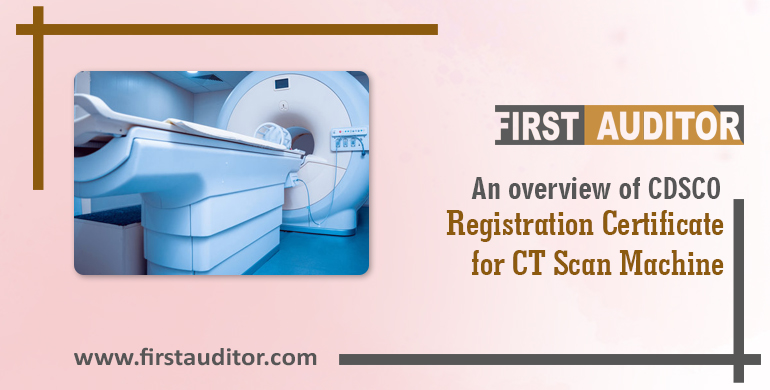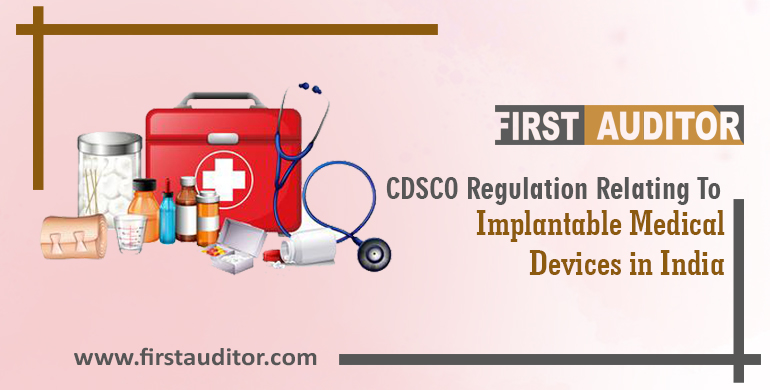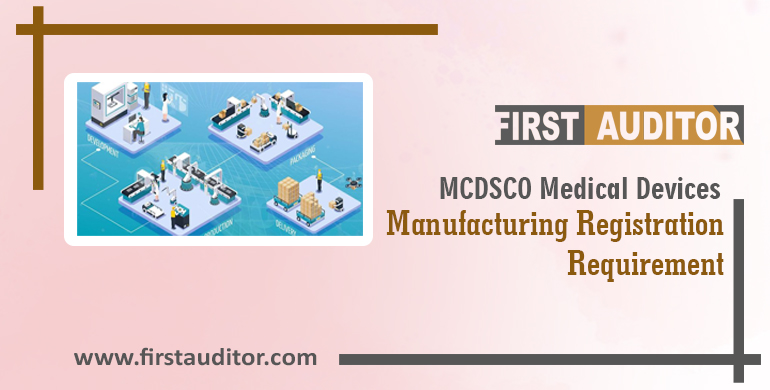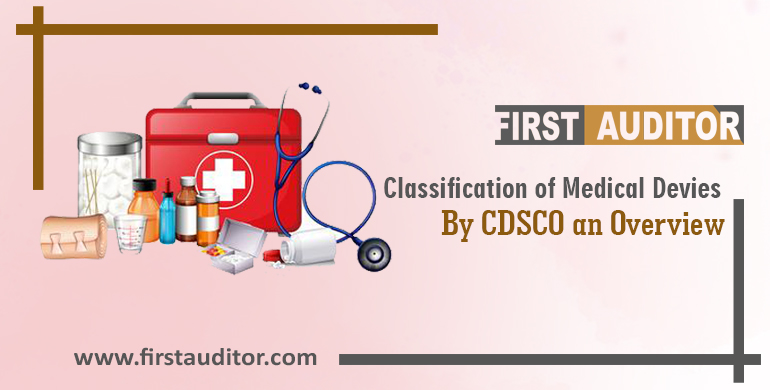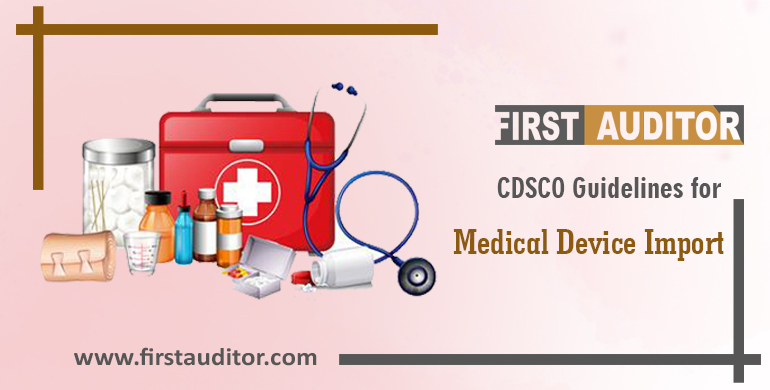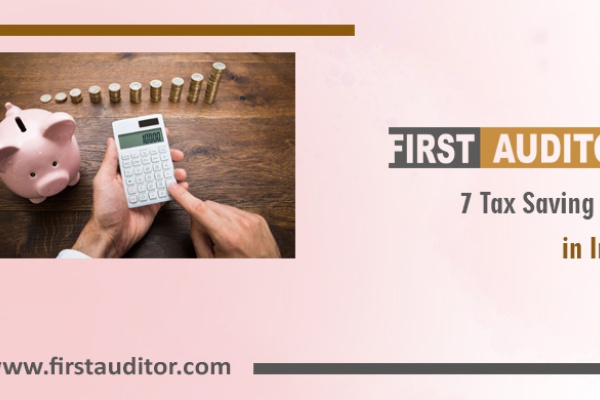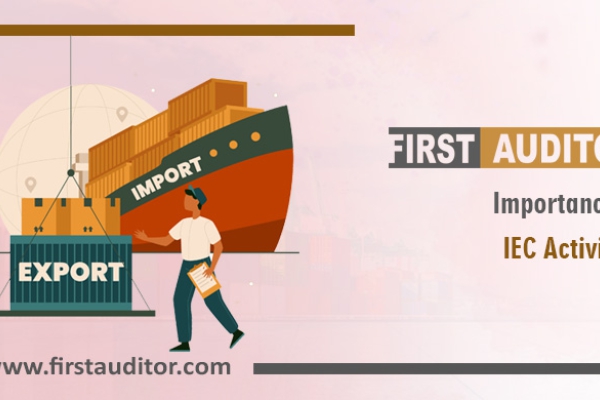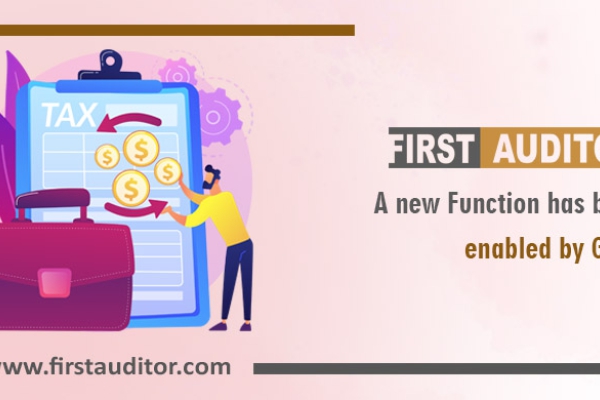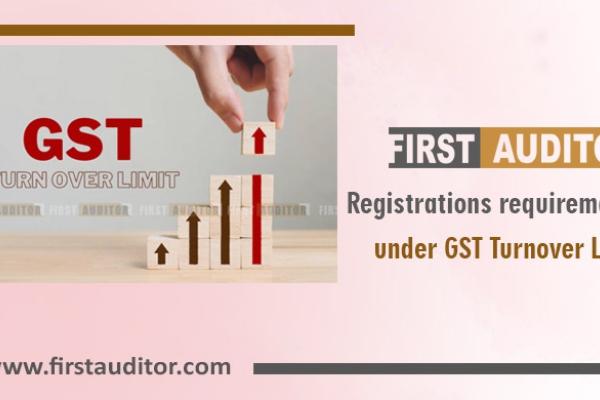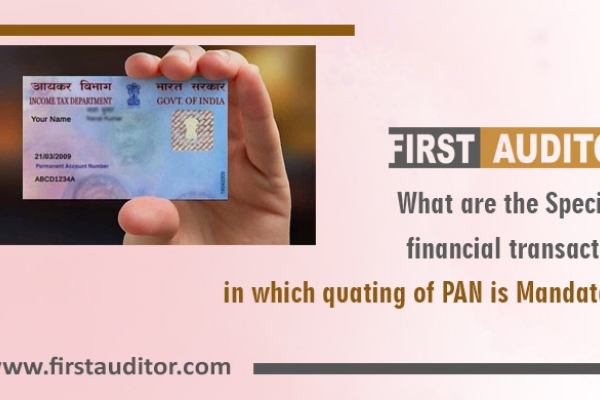
Process of Application for Clinical Investigation under MDR, 2017
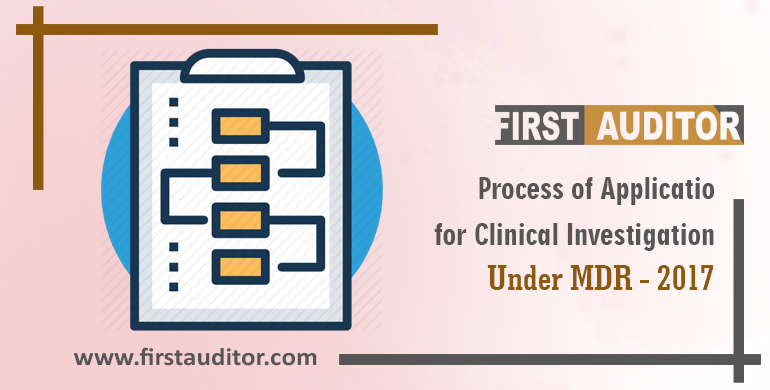
Central Drug Standard Control Organization or CDSCO is responsible for regulating and conducting clinical Investigations on Drugs in India. Chapter VII of the Medical device rules describes the clinical investigation of medical devices and clinical performance tests of new in vitro Diagnostic medical devices. The manufacturer or importer is required Application for Clinical Investigation of drugs before marketing them. The purpose of conducting a clinical investigation is to ensure the safety and efficacy of the medical device manufactured or sold in India. The Application for Clinical Investigation is submitted to the Central Licensing Authority
Overview of Application for Clinical Investigation
The Indian healthcare industry is growing rapidly & is expected to reach $280 billion by the year 2025. The medical device market in India is among the top 20 medical device markets in the world and holds its current value at $5.2 billion. The purpose of Clinical investigation of medical products is to obtain data to evaluate the safety and quality standards of medical products for the purpose they are used for. It is performed to check any possibility of side effects or risks involved with the device. Just like the approval of drugs, the clinical investigation of the investigational medical device is important to be used in or on humans in order to check and investigate the performance, standard and safety of a medical device
Application for Clinical Investigation of medical devices is submitted to the Central Licensing Authority (CLA) through form MD-22 along with the documents specified in the seventh schedule.
The investigations are of two types-
- Pilot Clinical Investigation : Pilot clinical Investigation is the kind of investigation carried out for the first time in human beings. It is performed in a small group of patients whose conditions or diseases are being studied to get specific information about the device before initiating the clinical study. A pilot clinical investigation is a study that provides information about the performance and safety of a device. Following are the objectives of a Pilot Clinical Investigation-
- Assessment of workability
- Assessment of device mechanism
- Finding a suitable method for the outcome
- Finding an appropriate method of surrogate outcome
- Assessment of eligibility criteria
- Evaluation of logistics of pivotal investigation
- To conduct Pilot Clinical Investigation on a Medical Device, there has to be a payment of the fees required, specified in the Second Schedule, along with the relevant information specified in the seventh schedule.
- Pivotal Clinical Investigation : Pivotal Clinical Investigation is a final study that provides information about the safety and standards of the medical device. It is conducted in a larger population having diseases or conditions that are being studied. The Pilot Clinical Investigation data comprises information gathered by the Pilot Clinical Investigation, along with the required fees, which are mentioned in the Second schedule. The Pivotal studies are done to check the safety and quality standards of the devices.
- Any clinical investigation of a medical device cannot be conducted without the permission of CDSCO. Class-A medical devices don’t need to provide data apart from a few exceptions listed by CDSCO. There are certain cases where CDSCO considers the Class A medical device data for the investigation to be necessary. In contrast, Class B, Class C and Class D medical devices are considered necessary for clinical investigation.
Application for Clinical Investigation – Process
To obtain permission for clinical investigation, the applicant must apply to the Central Licensing Authority (CLA) through form MD-22. The application for clinical investigation is submitted along with the required fees and relevant information.
After the application form MD-22 is duly submitted along with the required fees and relevant documents and information, if the Central Licensing Authority is satisfied with all the relevant documents, it will grant permission to conduct a clinical investigation of medical devices. The permission is granted in Form MD-23. Once permission is granted, the investigation process can be started as per the investigation plan that the Ethics Committee has approved. However, the clinical investigation must be registered with the Indian Clinical Trial registry before making an application. Clinical investigation is started by enrolling the applicant within one year after the grant of permission. If not, then it is important to obtain permission from the CLA.
However, there are certain conditions on which the permission to conduct a clinical investigation on licensed medical devices. The conditions are as follows-
- When the ethics committee approves the study/ trial
- When the data generated during the study is not to be used by the Central Licensing Authority to market, manufacture or import any investigational medical device in India
Conditions for Obtaining Permission for Clinical Investigation
Once the application for Clinical Investigation is submitted and permission is obtained, the applicant is required to comply with the following conditions to conduct clinical investigations in India-
- The Clinical Investigation should be started after the registered Ethics Committee approves the clinical investigation plan.
- The clinical investigation should be done according to the approved clinical investigation plan, the Good Clinical Practices Guidelines, issued by CDSCO and per the Seventh Schedule provisions.
- Before the first participant is registered in a clinical investigation, the clinical investigation must be registered with the Clinical Trial Registry of India.
- The sponsor must submit a yearly status report to the Central Licensing Authority detailing each clinical investigation’s status, including whether it is ongoing, completed, or terminated. If a clinical investigation is terminated, the Central Licensing Authority must be informed in detail of the reasons for the termination within 30 days.
- After careful analysis, the sponsor must provide the Central Licensing Authority with information about any suspected unexpected serious adverse event reported during the clinical investigation on the subject within fourteen days of learning of its occurrence as specified in the Seventh Schedule and accordance with the procedure specified in these rules.
- The applicant must offer complete medical management or compensation under these rules if a subject of a clinical investigation is injured or dies during that clinical investigation.
- Officers of the Central Licensing Authority, who may be accompanied by officers of the State Licensing Authority or outside experts, may inspect the sponsor’s facilities, including their employees, subsidiaries, and branches, their agents, contractors, and subcontractors, as well as clinical investigation sites, to ensure compliance with the requirements of these rules for conducting clinical investigations.
- Within a year of receiving permission, the clinical investigation must begin by enrolling the first participant; otherwise, prior approval from the Central Licensing Authority will be needed to start the clinical investigation.
The Central Licensing Authority may impose or exempt any conditions on the objective, design, subject population, subject eligibility, assessment, conduct, and treatment of clinical investigations when granting permission for a particular clinical investigation.
Rejection of Application for Clinical Investigation
Suppose the Central Licensing Authority (CLA) is not satisfied with the requirements to grant permission to conduct clinical investigations in India. In that case, it may reject the application for clinical investigation. The CLA must provide the applicant with reasons for rejecting the applications in writing within ninety days from the date of application.
Suspension or Cancellation of Permission for Clinical Investigation
If a person who has been granted permission to conduct clinical trials has failed to comply with the required conditions of permission for clinical investigation or with any other provisions of the medical device rules, then the CLA may do the following-
- Issue a letter of warning outlining the deficiencies discovered
- Prohibit the investigator or sponsor, as well as their employees, subsidiaries, branches, agents, contractors, and subcontractors, from conducting any clinical investigation for the period it deems appropriate
- Suspend the permission for the period it deems appropriate or revoke the permission entirely or in part.
Other Conditions for Clinical Investigation
To inspect the facilities, search for and seize data, documents, books, and medical devices-including investigational medical devices and new in vitro diagnostic medical devices-the Medical Devices Officer may enter any location related to the clinical investigation or clinical performance evaluation with or without an expert present, with prior approval from the Central Licensing Authority, with or without prior notice.
Conclusion
The Indian medical device market is growing at an increasing rate. India is marked as the 4th largest medical device market in the world. The medical device Industry is eClinical Investigations are based on a clinical investigation plan and Clinical performance evaluation is based on a Clinical performance evaluation plan. Both of these include detailed protocols of performance and conduct. During the process, it is important to protect the rights, safety and dignity of the subject, along with the ethical principles laid down for the same. Application for Clinical Investigation is a detailed process and a minor error in the application process may cause the rejection of the application. It is suggested to take help from professionals before filing the application to avoid extra costs caused by any kind of error.


